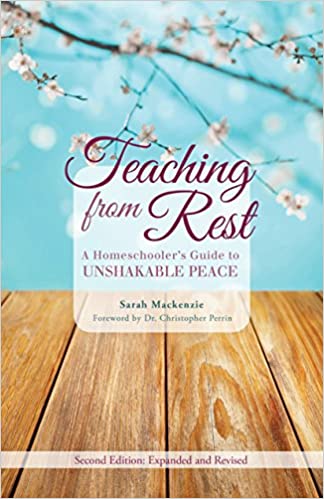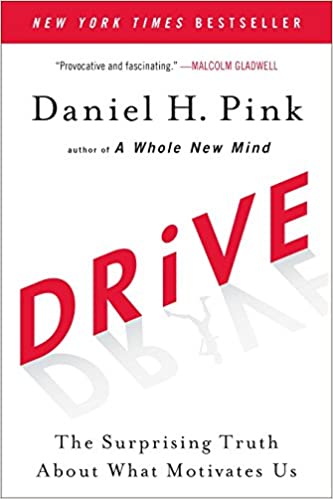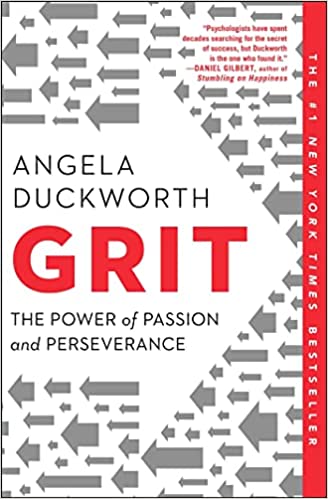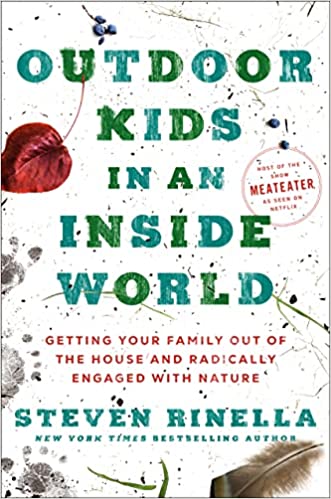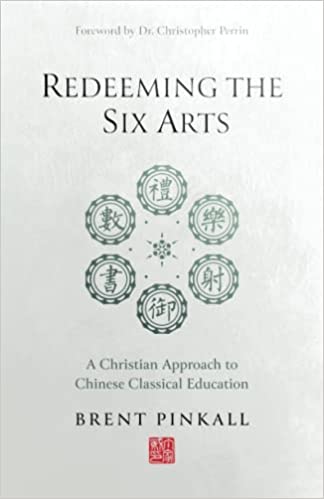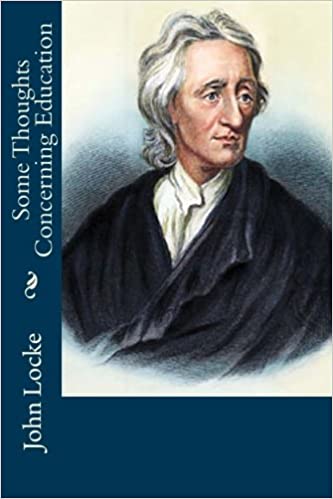Range: Why Generalists Triumph in a Specialized World
Plenty of experts argue that anyone who wants to develop a skill, play an instrument, or lead their field should start early, focus intensely, and rack up as many hours of deliberate practice as possible. If you dabble or delay, you’ll never catch up to the people who got a head start. But a closer look at research on the world’s top performers, from professional athletes to Nobel laureates, shows that early specialization is the exception, not the rule.
David Epstein examined the world’s most successful athletes, artists, musicians, inventors, forecasters and scientists. He discovered that in most fields—especially those that are complex and unpredictable—generalists, not specialists, are primed to excel. Generalists often find their path late, and they juggle many interests rather than focusing on one. They’re also more creative, more agile, and able to make connections their more specialized peers can’t see.
Provocative, rigorous, and engrossing, Range makes a compelling case for actively cultivating inefficiency. Failing a test is the best way to learn. Frequent quitters end up with the most fulfilling careers. The most impactful inventors cross domains rather than deepening their knowledge in a single area. As experts silo themselves further while computers master more of the skills once reserved for highly focused humans, people who think broadly and embrace diverse experiences and perspectives will increasingly thrive.
More info →Teaching from Rest: A Homeschooler’s Guide to Unshakable Peace
This new, revised, and first print edition of Sarah Mackenzie's best-selling eBook version contains 35% new content! Those who have made the decision to homeschool their children have done so out of great love for their children and a desire to provide them an excellent education in the context of a warm, enriching home. Yet so many parents (mainly mothers) who have taken up this challenge find the enterprise often full of stress, worry, and anxiety. In this practical, faith-based, and inspirational book, Sarah Mackenzie addresses these questions directly, appealing to her own study of restful learning (scholé) and her struggle to bring restful learning to her (six) children.
More info →Drive: The Surprising Truth About What Motivates Us
Most people believe that the best way to motivate is with rewards like money—the carrot-and-stick approach. That's a mistake, says Daniel H. Pink (author of To Sell Is Human: The Surprising Truth About Motivating Others). In this provocative and persuasive new book, he asserts that the secret to high performance and satisfaction-at work, at school, and at home—is the deeply human need to direct our own lives, to learn and create new things, and to do better by ourselves and our world.
Drawing on four decades of scientific research on human motivation, Pink exposes the mismatch between what science knows and what business does—and how that affects every aspect of life. He examines the three elements of true motivation—autonomy, mastery, and purpose-and offers smart and surprising techniques for putting these into action in a unique book that will change how we think and transform how we live.
More info →Grit: The Power of Passion and Perseverance
In this instant New York Times bestseller, Angela Duckworth shows anyone striving to succeed that the secret to outstanding achievement is not talent, but a special blend of passion and persistence she calls “grit.” “Inspiration for non-geniuses everywhere” (People).
The daughter of a scientist who frequently noted her lack of “genius,” Angela Duckworth is now a celebrated researcher and professor. It was her early eye-opening stints in teaching, business consulting, and neuroscience that led to her hypothesis about what really drives success: not genius, but a unique combination of passion and long-term perseverance.
In Grit, she takes us into the field to visit cadets struggling through their first days at West Point, teachers working in some of the toughest schools, and young finalists in the National Spelling Bee. She also mines fascinating insights from history and shows what can be gleaned from modern experiments in peak performance. Finally, she shares what she’s learned from interviewing dozens of high achievers—from JP Morgan CEO Jamie Dimon to New Yorker cartoon editor Bob Mankoff to Seattle Seahawks Coach Pete Carroll.
“Duckworth’s ideas about the cultivation of tenacity have clearly changed some lives for the better” (The New York Times Book Review). Among Grit’s most valuable insights: any effort you make ultimately counts twice toward your goal; grit can be learned, regardless of IQ or circumstances; when it comes to child-rearing, neither a warm embrace nor high standards will work by themselves; how to trigger lifelong interest; the magic of the Hard Thing Rule; and so much more. Winningly personal, insightful, and even life-changing, Grit is a book about what goes through your head when you fall down, and how that—not talent or luck—makes all the difference. This is “a fascinating tour of the psychological research on success” (The Wall Street Journal).
More info →Outdoor Kids in an Inside World: Getting Your Family Out of the House and Radically Engaged with Nature
NEW YORK TIMES BESTSELLER • “An imperative call to action” (Nick Offerman) to get children off their screens and into nature, with tips for bonding activities that teach the importance of outside time and build tough, curious, competent kids—from the New York Times bestselling author and host of the TV series and podcast MeatEater
“A revelation for families struggling to get kids to GO OUTSIDE, or to just stop using the darn smartphone.”—Michaeleen Doucleff, PhD, New York Times bestselling author of Hunt, Gather, Parent
In the era of screens and devices, the average American spends 90 percent of their time indoors, and children are no exception. Not only does this phenomenon have consequences for kids’ physical and mental health, it jeopardizes their ability to understand and engage with anything beyond the built environment.
Thankfully, with the right mind-set, families can find beauty, meaning, and connection in a life lived outdoors. Here, outdoors expert Steven Rinella shares the parenting wisdom he has garnered as a father whose family has lived amid the biggest cities and wildest corners of America. Throughout, he offers practical advice for getting kids radically engaged with nature in a muddy, thrilling, hands-on way, with the ultimate goal of helping them see their own place within the natural ecosystem. No matter their location—rural, suburban, or urban—caregivers and kids will bond over activities such as:
• Camping to conquer fears, build tolerance for dirt and discomfort, and savor the timeless pleasure of swapping stories around a campfire.
• Growing a vegetable garden to develop a capacity to nurture and an appreciation for hard work.
• Fishing local lakes and rivers to learn the value of patience while grappling with the possibility of failure.
• Hunting for sustainably managed wild game to face the realities of life, death, and what it really takes to obtain our food.
Living an outdoor lifestyle fosters in kids an insatiable curiosity about the world around them, confidence and self-sufficiency, and, most important, a lifelong sense of stewardship of the natural world. This book helps families connect with nature—and one another—as a joyful part of everyday life.
More info →Redeeming the Six Arts: A Christian Approach to Chinese Classical Education
Christ does not erase our cultural identities. He redeems them.
As Classical Christian Education experiences a renewal in the West, more and more Chinese Christians are eager to participate in it—but they face a dilemma. Contemporary resources on classical Christian education almost unanimously define it as a Western tradition rooted in Western languages, Western literature, and the seven liberal arts. Does this mean that Chinese classical Christian schools must also adopt a Western curriculum? Or might they draw from their own Eastern tradition, one characterized not by men such as Plato, Herodotus, and Shakespeare but by Confucius, Sima Qian, and Li Bai?
In Redeeming the Six Arts, Brent Pinkall argues that classical Christian education is not fundamentally a canon of fixed texts or subjects but rather an approach rooted in the Fifth Commandment: Honor thy father and thy mother. Insofar as our ancestors differ, the languages, literature, and arts we study will also differ. Although Chinese Christians share the same “spiritual” fathers as their Western counterparts, their “earthly” fathers are different, and therefore their curriculum must reflect not only a shared “Christian” heritage but also a unique “classical” heritage.
In Part 1, Pinkall surveys the 4000-year history of Chinese classical education, a tradition rooted in the “six arts”: rites, music, charioteering, archery, script, and calculation. In Part 2, he explores the common grace of God in this rich but pagan tradition and considers how Chinese Christians might redeem it to his glory while avoiding attendant pitfalls, just as the church in the West redeemed the “seven arts” tradition inherited from their pagan, Greco-Roman ancestors. As readers compare the two traditions, they will find both glorious distinctives as well as remarkable similarities. They will discover that God reveals himself not only through the Logos but through the Dao.
More info →Some Thoughts Concerning Education
Some Thoughts Concerning Education is a 1693 treatise on the education of gentlemen written by the English philosopher John Locke. For over a century, it was the most important philosophical work on education in England. It was translated into almost all of the major written European languages during the eighteenth century, and nearly every European writer on education after Locke, including Jean-Jacques Rousseau, acknowledged its influence.
In his Essay Concerning Human Understanding (1690), Locke outlined a new theory of mind, contending that the gentleman's mind was a tabula rasa or "blank slate"; that is, it did not contain any innate ideas. Some Thoughts Concerning Education explains how to educate that mind using three distinct methods: the development of a healthy body; the formation of a virtuous character; and the choice of an appropriate academic curriculum.
Locke wrote the letters that would eventually become Some Thoughts for an aristocratic friend, but his advice had a broader appeal since his educational principles allowed commoners to think they could acquire the same kind of character as the aristocrats for whom Locke originally intended the work.
Odin’s Library Classics is dedicated to bringing the world the best of humankind’s literature from throughout the ages. Carefully selected, each work is unabridged from classic works of fiction, nonfiction, poetry, or drama.




